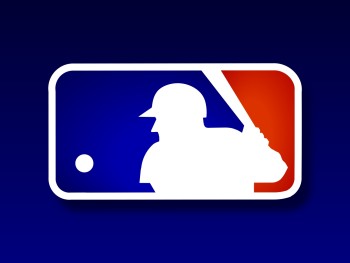Rather than bore you with what I like or don’t like about the new labor agreement, let me share some astute thoughts from those better equipped to talk about the various provisions in the new labor agreement. My father always told me, “never take your car to a butcher for repairs or get legal advice from your plumber”. So as for me, I’m glad we have a new labor agreement and that there will be no interruption to baseball for the next five years. Now, on to the experts:
These rules are fantastic for big market teams who can maximize the advantage of their revenue streams by spending on Major League talent. These rules are absolutely terrible for teams who cannot afford to build teams by paying the market rate for those same players.
Congratulations, Major League Baseball, you just screwed every team that doesn’t have the capability of running out a $100+ million payroll, and you just made winning a lot more about Major League payroll size than anything else. In the name of cost reduction, you just made it even less likely that teams like Tampa Bay or Oakland will be able to build long term winners. This agreement will set competitive balance back significantly, and now the best hope is that the damage is so obvious that these changes get repealed as quickly as possible.
John Perrotto of Baseball Prospectus:
Beginning in spring training 2012, all players will be subject to hGH blood testing for reasonable cause at all times during the year. In addition, during each year, all players will be tested during spring training. Starting with the 2012-13 offseason, players will be subject to random unannounced testing for hGH. The parties have also agreed on a process to jointly study the possibility of expanding blood testing to include in-season collections.
The players agreed to this with almost no resistance during the negotiations, and I applaud them for that. Giving a blood sample is never fun, and I could only imagine how bothered I would be if a lab technician showed up unannounced at my home and wanted to stick a needle in my arm. However, the players are adamant that they want the fans to know that they are clean and that the game is on the up-and-up.
Unfortunately for baseball, low-revenue teams got trampled in its new collective-bargaining agreement, trampled in a way that raises genuine concerns for their future. “We are headed for massive problems in the next CBA,” one general manager said Tuesday night. “Competitive balance is going to get progressively worse.”
We’ve heard it all before, but the GM isn’t crying wolf, even though the addition of a wild-card team in each league will create greater opportunity for all. The new restrictions on spending in both the amateur draft and international market are daggers to low-revenue clubs, robbing them of two of the few advantages they had.
Troy E. Renck of The Denver Post:
Labor peace is not perfect. The measure of baseball’s new collective bargaining agreement is that both sides hurt a little in the compromise. But in reaching a deal that will mark 21 years without a work stoppage, the parties made adjustments dripped in common sense. They operated more as partners than adversaries.
Beginning in 2013, there will be two 15-team leagues. The Astros are moving to the American League, leaving six divisions with five clubs. This means that there will be interleague play every day rather than in two specific slots in May and June. There’s handwringing that this will dilute rivalries, a concern I share. It does, however, even the playoff odds and will increase the importance of bench players in the National League with more need for a quasi-DH.
Feel free to share any thoughts in the comments and links to other views as well.
















